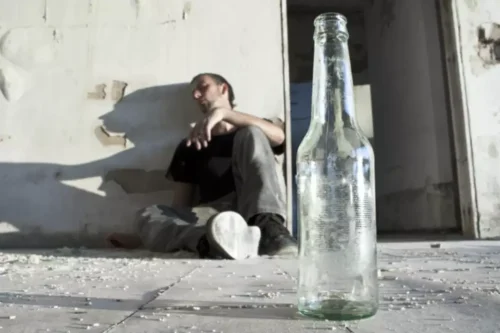
It sounds like someone telling you to stop worrying, start having fun, and be part of the group by participating in something you don’t feel comfortable with. It may also be a threat, such as, https://ecosoberhouse.com/ « You can’t hang out with us if you’re not going to drink. » You can experience peer pressure from people without them saying anything to you, and you can experience it from direct remarks made by others. It would be good for teens to surround themselves with people their age who have the same interests and share the same behavior.

Why Young People Are More Susceptible
This result is not surprising, because parents are often concerned about the overweight of their child and feel responsible 50. So, they probably try to support weight control and dieting efforts with comments designed to act as reminders. In accordance with previous studies 13,15,25 our findings can serve as further evidence that these encouraging messages are more problematic than previously assumed. The results indicate that the line is fine between support and pressure and future research must keep track of possible consequences. Beyond this, the findings appear to be particularly relevant for the field of obesity prevention and treatment of children and adolescents.

Appearance Peer Pressure
- Peers are people who are part of the same social group, so the term « peer pressure » refers to the influence that peers can have on each other.
- This can pressure young individuals to change different aspects of their identity to conform to what everybody else is doing.
- Addictions of any type influence the brain’s dopamine centre and can lead to lasting changes in cognitive and emotional health.
- Unspoken pressure may be harder to resist because it can seem easier to go along with the crowd in order to fit in, especially when there’s no explicit pressure to do something.
- When people are influenced by those around them who share similar characteristics, such as age group or background, it can be referred to as peer pressure.
Though peer pressure is often thought of as something that happens primarily during adolescence, research suggests peer pressure begins in elementary school, often around the age of 9. Here, we’ll talk about the different types of peer pressure and how young individuals can resist the temptation to give in. If you feel you’re being peer pressured in your relationships, it may be time to evaluate and move away from those relationships.
What are the effects of social media on peer pressure?

They predominantly support the conclusion that appearance is more heavily emphasized among girls. Consequently, girls perceived a greater extent of parental appearance norms and modeling behavior (e.g., parental concerns with body shape, efforts to look good 6,16,24). Interestingly, studies investigating parental encouragement to control weight and shape found no gender difference 13,16,25. However, this might be due to the focus on encouragement to diet, which might be used by parents regardless of their child’s gender when the child is at risk of becoming overweight. We suppose that if an operationalization of “encouragement” without the bias towards the thin ideal is applied, gender differences might occur.